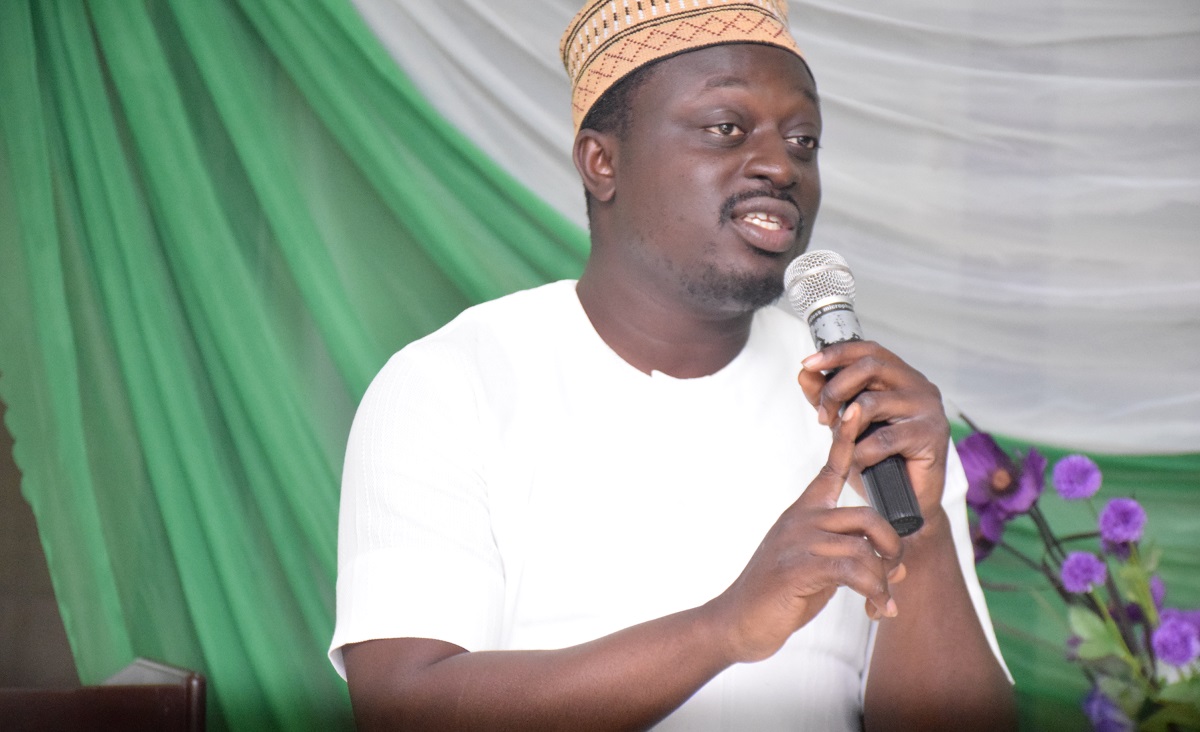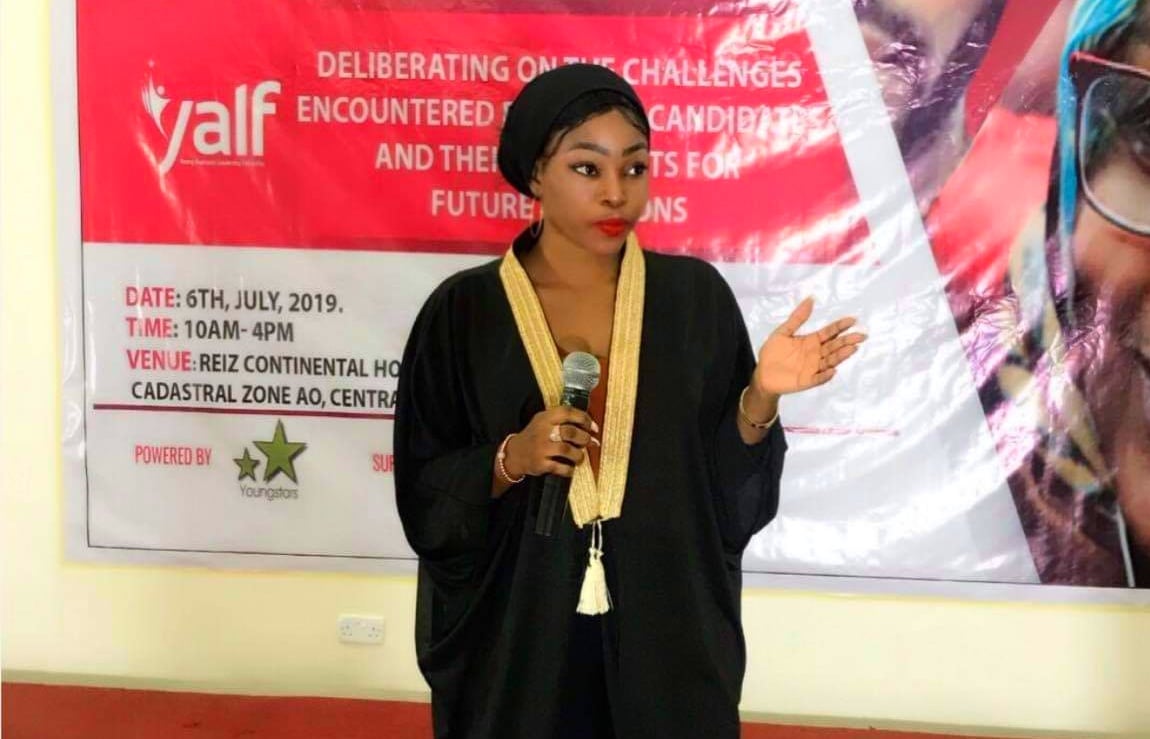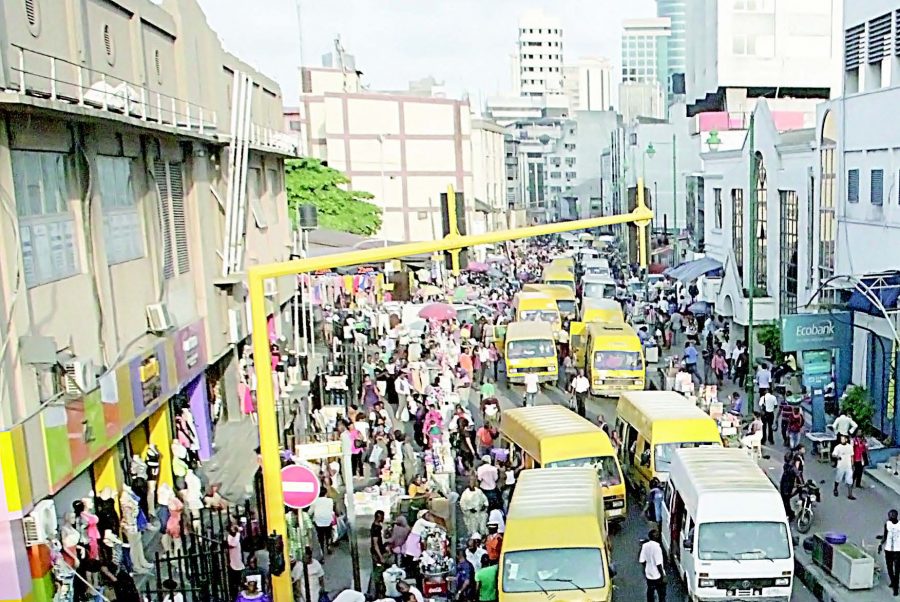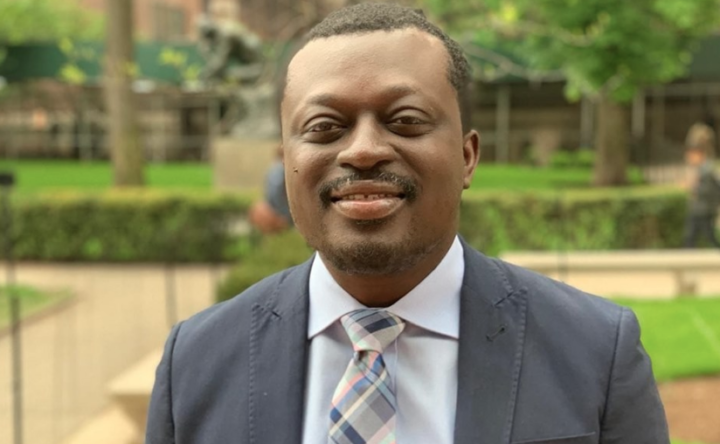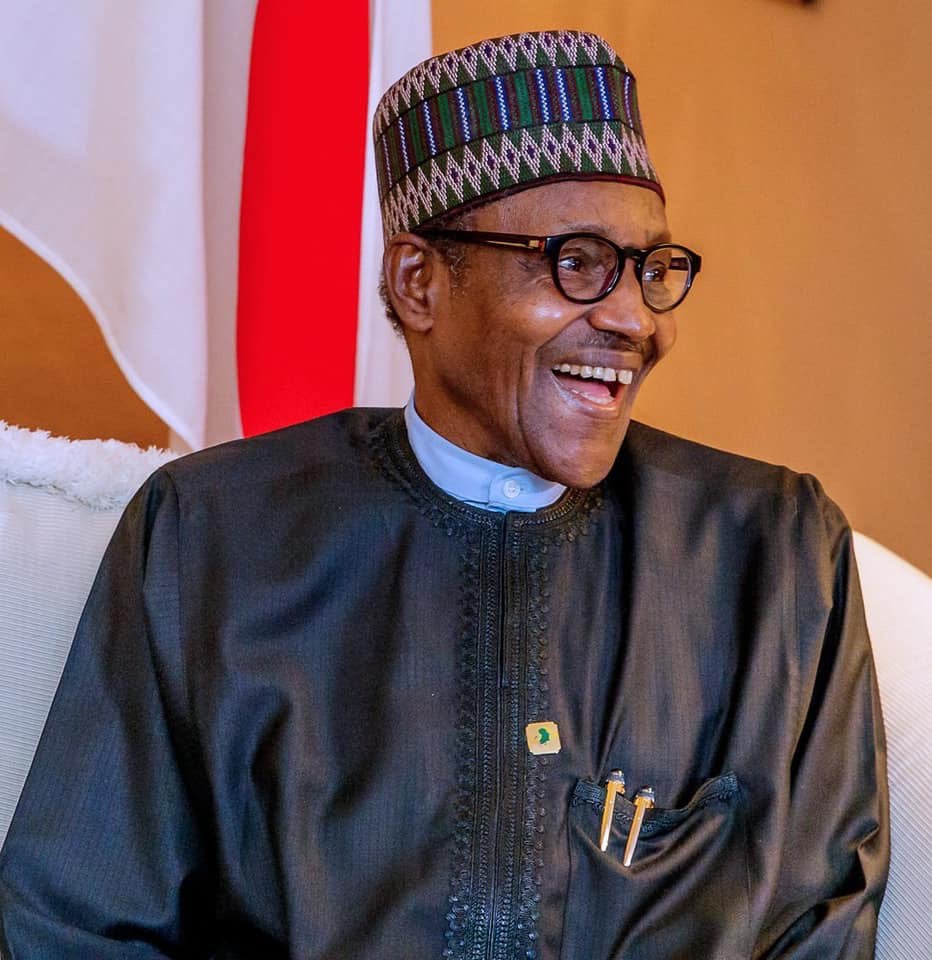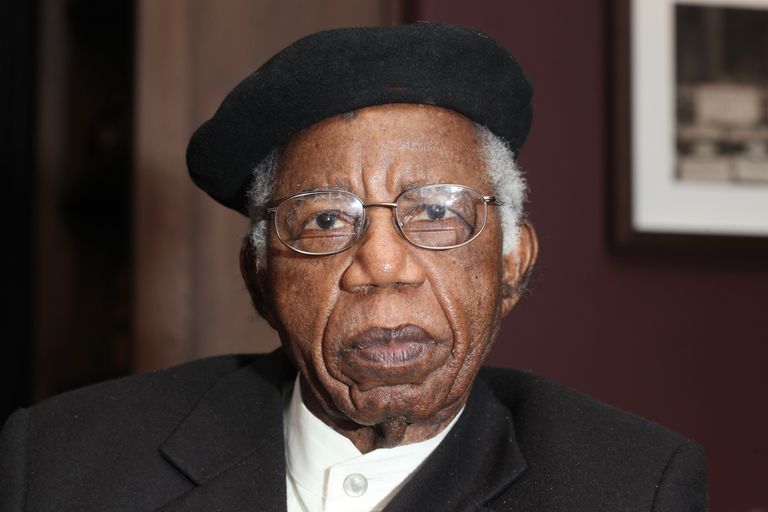Seun Onigbinde, co-founder of BudgIT, a civic group dedicated to financial transparency in government, recently became the latest metaphor for the lack of principles that pattern and ultimately ruin public office and governance in Nigeria.
Speaking about principles, I do not refer to the fluidity of character that makes one take daggers against a government today and crawl into the very dining room we despised tomorrow as Onigbinde is being accused of by ardent supporters of the President Muhammadu Buhari administration. I speak of a more debilitating myopia that has gripped the heart of most politically conscious Nigerians, regardless of what orientation they belong to. We shall return to this point presently.
To be sure, Onigbinde mismanaged the recent mini-crisis that he found himself in. And he did so on many fronts. The first layer of contention is that criticism is not the same as partisanship. In what will turn out to be his critical stance on the administration, the government expenditure watchdog went overboard in not just being vitriolic but partisan.
Those interventions portrayed him as a pathological hater of the President rather than someone who just wants the best for Nigeria without care about who is piloting the ship of state. So, the argument against him is if you hate a man so much, encouraging as many as possible to join you in your crusade, how then do you justifiably become his friend tomorrow without offering adequate explanations to the multitude who have turned you into the hero of their revolution?
Advertisement
There could however be a flip side to this argument though. This is that Onigbinde, like most of us other Nigerians, are unable to compartmentalise and amply distinguish between government and the personality of leaders. It is a plank on which most Nigerians have and still err. So, if honesty were a universal national virtue, we would own up to the truth that the average Nigerian is usually too drawn by emotions to disentangle the message from the messenger. The soundness of every position is not in its inherent truth but in our perception of the bearer of the idea and how much we like or dislike them. Nigeria is the place they have in mind when they speak about the relative nature of truth and that is sadly a major impediment in the nation’s development.
The second slip in Onigbinde’s management of the situation he had on his hand last week was the ill-advised deletion of his previous social media post. That action, despite the attempt to rationalise it, suggests a man not too proud of his past and desperate to hold on to that initial six-month opportunity to influence Nigeria’s budgetary direction.
Of course, his pedigree does discourage this argument but for how much does past deeds count in Nigeria? How many of Nigeria’s angry, unrepentant political followers however want to imagine that a man could take faulty panicky decisions just to nurture the hope that he might be able to impact positively on fatherland? And this is where the real tragedy lies for this country.
Advertisement
The chance most often than not is for Nigerians to see government office, whether it is elective or appointive, as a meal ticket. Unlike most democratic societies where citizens take the privilege of office as an opportunity to serve the people, Nigerians see government office as the perfect opportunity to amass wealth and reap the benefit of the investment, monetary or otherwise, that they made during elections. In other words, an opportunity to “come and chop”.
There is a sure foundation for this disposition. Many Nigerian politicians have no other calling but politics. It is their only professional address and at the end of every election circle, they wait for its recompense otherwise known as the distribution of lucre amongst the boys. So, neither the politician nor the electorate see public office as an avenue for service as you find elsewhere.
For instance, immediate past president of the United States of America, Barack Obama, was a member of the Illinois State Senate between 1997 and 2004 when he was elected into the US Senate and moved to Washington D.C. In his seven years at the Senate, records have it that he remained a part-time law teacher at the University of Chicago yet he is credited with moving some of the most transformative laws that this state contemplated before his term at the Senate including the Illinois Campaign Finance Reform and amendment to the Illinois Income Tax Act, which created $100m earned income tax credit for working families. Obama became President at 46 in 2009, but his active public life started at the age of 24. You will find a record of selfless commitment to the general good in this but that is not Nigeria. In the imagination of many Nigerians, public office is nothing but an invitation to share from the national cake and spread the crumbs amongst as many who are on the same political corner with you as possible.
A definite corollary to this is the winner-takes-it-all mentality that permeates Nigeria’s politics. This is indeed another disheartening thing about the Nigerian polity. Once a party comes to power, all and everything concerning the country must be “colonised” by members of this party or those who defect to join them from other parties. This is the same mentality that bore the idea of hunting anyone who may have been at variance with the government at any time and haunting them out of government regardless of what they may have to offer!
Advertisement
And in that we miss two salient points, namely: Nigeria belongs to every citizen of the country, whether they have always supported the government in power or not, and for any country to attain its potential, all hands must be on deck and work together towards that goal. The failure to understand these facts and put the interest of Nigeria first will continue to impede the country’s progress.
So, what should Nigerians learn from the incident at hand!
First is that politics and governance should be about sacrifice and service rather than a call to bazaar. When this happens, the appointment of people would be less acrimonious, and partisans will feel less entitled and quarrelsome about the appointment of people who can help take Nigeria beyond the mediocre level that it currently wallows in.
In addition to this, political partisans must realise that this country belongs to all Nigerians and the onus for its development is joint responsibility. After campaigns, there are elections; after elections, politics ends, and governance begins. A government in power must search for help to achieve its goals on behalf of the people. Even President Buhari recently demonstrated that with the appointment of Professor Chukwuma Soludo, who has at different times identified with the opposition Peoples Democratic Party and the All Progressive Grand Alliance in his political career. The end goal for all should be the development of Nigeria and nothing else.
Advertisement
Above all, everyone must recognise that the office of the citizen is a critical one for democratic development. Without an alert citizen to put elected people in office, it would be impossible to move the country forward as politicians would ride roughshod on the people and democracy would be a joke.
Twitter: @niranadedokun
Advertisement
Views expressed by contributors are strictly personal and not of TheCable.
Add a comment

